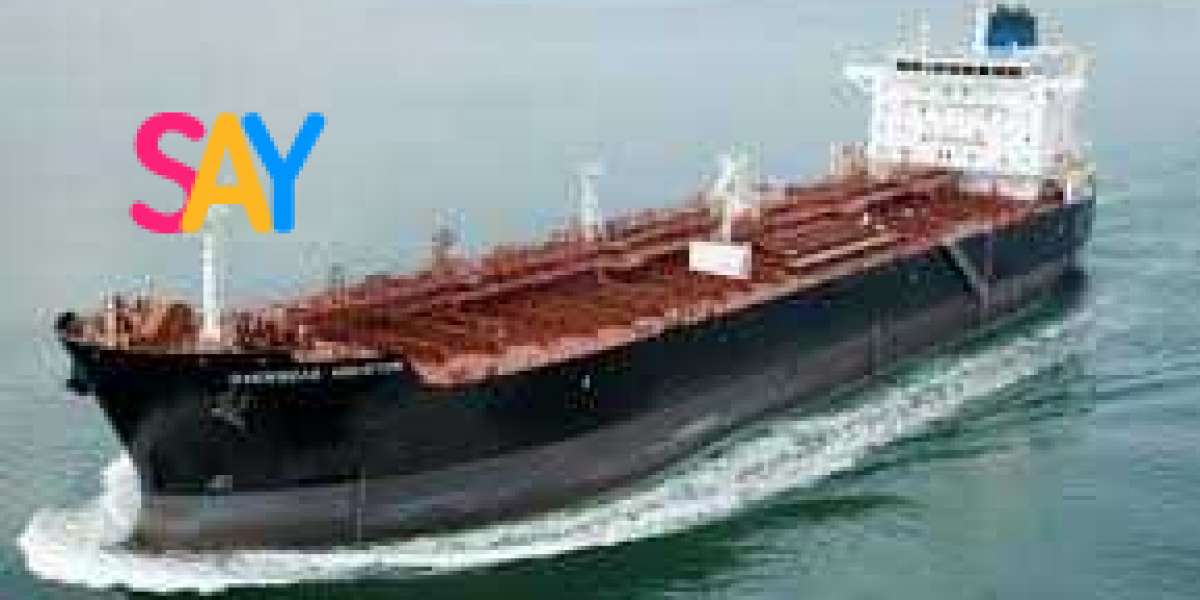CIF and CFR (CF): Party Obligations and Risk Transfer
This article provides an overview of CIF and CFR terms https://danil-hristich.com/en/cif-and-cfr-c-f-obligations-of-the-parties-and-transfer-of-risks/ as well as their variants, CIFFO and CFFO. These terms are commonly used in conjunction with Incoterms.
Incoterms, or International Commercial Terms, are a standardized set of rules published by the International Chamber of Commerce (ICC) to facilitate international trade. These rules define the responsibilities, costs, and risks of the parties involved in international transactions. When parties refer to Incoterms, they are generally referring to the most recent edition of these rules, with Incoterms 2020 being the latest version, effective since January 1, 2020.
Understanding CIF and CFR (CF)
CIF stands for “Cost, Insurance, and Freight.” Under CIF, the seller is responsible for the cost of the goods, transportation, and insurance coverage up to the destination port. The seller bears most of the costs until the goods reach the destination.
CFR (often referred to as CF) stands for “Cost and Freight.” Like CIF, the seller arranges and pays for the transportation of the goods to the destination port. However, insurance coverage is not included under CFR. While the buyer is not required to insure the goods, they may choose to arrange and pay for insurance themselves.
There are also similar terms such as CIFFO and CFFO. These are extensions of CIF and CFR, respectively, with the addition of a "Free Out" component. CIFFO is CIF with the added responsibility of unloading the goods at the destination port, and CFFO is CFR with the same unloading responsibility. The “Free Out” term specifies whether the seller or buyer is responsible for unloading costs, depending on the contract. Since “Free Out” is not covered by Incoterms, it is advisable to clearly define its meaning in the contract to avoid misunderstandings.
CIF CFR (CF) in Incoterms and Gafta
Some commonly used templates in international trade, such as those provided by the Grain and Feed Trade Association (Gafta), explicitly exclude the application of Incoterms (for example, Gafta 48, clause 29(d)):
Gafta 48 Incoterms Exclusion The exclusion of Incoterms in Gafta templates helps prevent potential conflicts between the generalized Incoterms and the more specific provisions in Gafta contracts, which are tailored to the nuances of agricultural trade.
Gafta contracts are governed by English law, ensuring consistency in the legal framework. Any issues not explicitly covered by Gafta provisions are governed by the Sale of Goods Act 1979 and common law. This combination of Gafta provisions and English law provides comprehensive guidance for parties involved in agricultural trade.
However, if Incoterms are mentioned in the contract, the specific terms in the contract will take precedence over the pro forma.
Seller’s Obligations under CIF and CFR (CF)
The seller’s duties under CIF and CFR (CF) contracts are largely similar, as outlined below.
Common Obligations for CIF and CFR (CF) Under both terms, the seller is responsible for the following:
Shipping the Goods: The seller may either load the goods onto a vessel or purchase cargo that is already in transit. The latter is common in international trade where goods are sold multiple times down a chain. The goods must be shipped within the agreed shipment period, and the date on the bill of lading typically serves as the shipment date.
The goods must conform to the description, quality, and quantity specified in the contract.
Contracts usually require the seller to notify the buyer once the goods are shipped, providing details such as the ship’s name, bill of lading dates, and the quantity shipped (e.g., Clause 7 of FOSFA 54 or Clause 11 of Gafta 48).
Arranging or Procuring Carriage to the Destination: This typically involves chartering a vessel and paying the freight. In chain sales, the seller may purchase bills of lading marked “freight prepaid.”
Providing Shipping Documents to the Buyer: The seller must supply the buyer with essential shipping documents, including the bill of lading, commercial invoice, and any other required contractual documents, such as certificates of weight and quantity, origin, phytosanitary certificates, and fumigation certificates.




